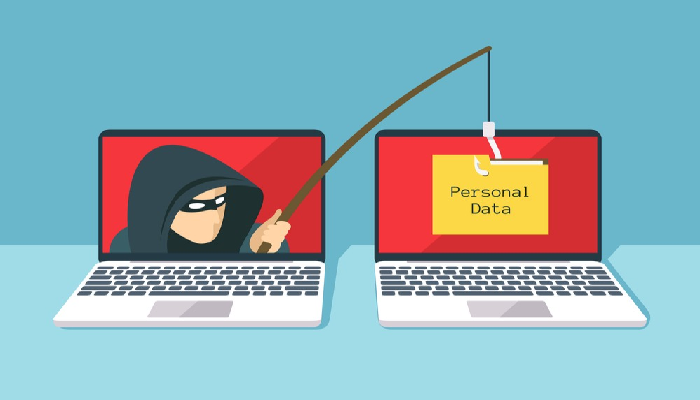As technology advances, so do the ways that hackers can steal your data. That’s why it’s important to be aware of the laws that are in place to protect you from cybercrime. In this blog post, we will discuss 10 of the most important consumer protection laws in the United States. We will also provide tips on how you can keep your data safe and secure. Some of the areas of concern and common ways you can keep yourself safe on
Federal Cyber Shield Act
This act requires businesses to take reasonable steps to protect the personal information of their customers. If a business fails to do this, it can be held liable for damages caused by identity theft. This law was established to set benchmarks for the Internet of Things devices. Keyfactor has a detailed explanation regarding IoT devices, their impact on our lives, and the importance of protecting your personal information.
Credit Freezes
This law allows you to place a freeze on your credit report. This means that no one will be able to access your credit report without your permission. You can also place a fraud alert on your credit report. This will notify creditors that you may be a victim of identity theft and they should take extra steps to verify your identity before extending credit.
Identity Theft Protection
This act requires businesses to take reasonable steps to protect the personal information of their customers. If a business fails to do this, they can be held liable for damages caused by identity theft.
If you have been a victim of identity theft, you can file a complaint with the Federal Trade Commission. You can also contact your local law enforcement agency. They can help you take steps to protect yourself and investigate the crime.
Data Breaches
This law requires businesses to notify consumers if their personal information has been breached. This gives consumers the opportunity to take steps to protect themselves from identity theft.
Cybersecurity
This law requires businesses to take reasonable steps to protect their customers’ data from cyberattacks. If a business fails to do this, they can be held liable for damages caused by the cyberattack.
Gramm-Leach-Bliley Act (GLBA)
This law requires financial institutions to protect the personal information of their customers. This includes information like social security numbers, credit card numbers, and bank account numbers. Financial institutions must have measures in place to keep this information safe from hackers. They must also provide customers with a notice that explains how their personal information will be used and shared. Keyfactor outlines another legislation, Protecting Privacy in Our Homes Act. In a similar vein to the Gramm-LEach Bliley Act, with so many smart devices entering our homes, the Proctecting Privacy in Our Homes Act steps in to protect sensitive information collected by these technologies.
Chip And PIN Technology
This law requires businesses to use chip and PIN technology in order to accept credit and debit cards. This technology makes it more difficult for criminals to steal your card information.
Security Questions
This law requires businesses to provide security questions when you set up an account with them. These questions are used to verify your identity if you forget your password.
Password Managers
This law requires businesses to provide a password manager for their customers. A password manager is a software that helps you create and manage strong passwords.
Two-Factor Authentication
This law requires businesses to use two-factor authentication for their customers. Two-factor authentication adds an extra layer of security by requiring you to enter a code from your phone in addition to your password.
Social Security Number Protection Act
This act prohibits businesses from printing your social security number on any documents that are sent through the mail. This helps to prevent identity.
Fair Credit Reporting Act
This act requires businesses to provide you with a free credit report every 12 months. This report will show you any negative information that is reported about you. This act also protects consumers from identity theft and fraud. It requires credit reporting agencies to take steps to verify the accuracy of the information they collect.
Children’s Online Privacy Protection Act (COPPA)
This law protects the personal information of children under the age of 13. It requires websites and online services to get parental consent before collecting, using, or sharing a child’s personal information.
These are just a few of the laws that are in place to protect you from identity theft and other cybercrime. Remember, you can also take steps to protect yourself by using strong passwords, two-factor authentication, and a password manager.
